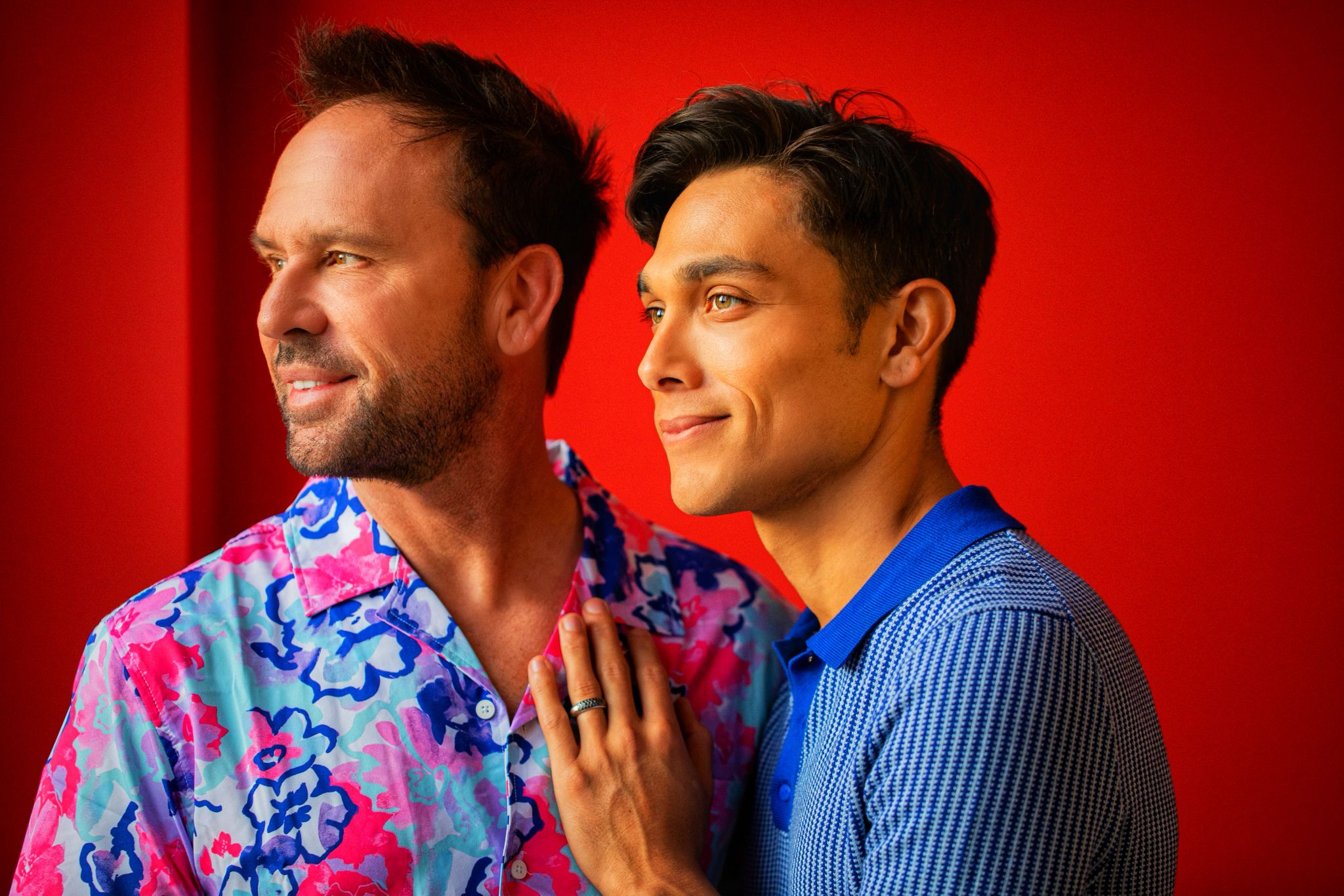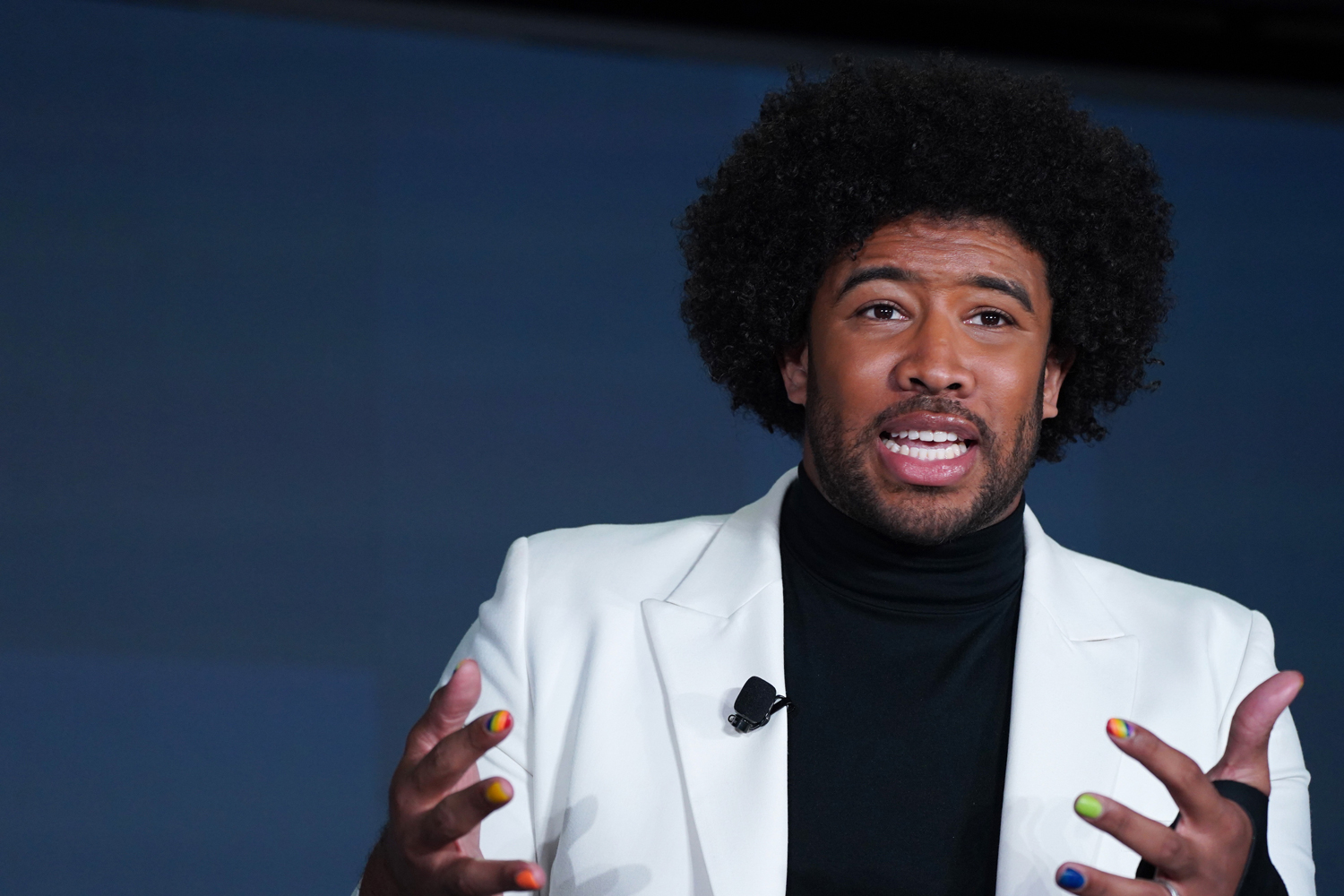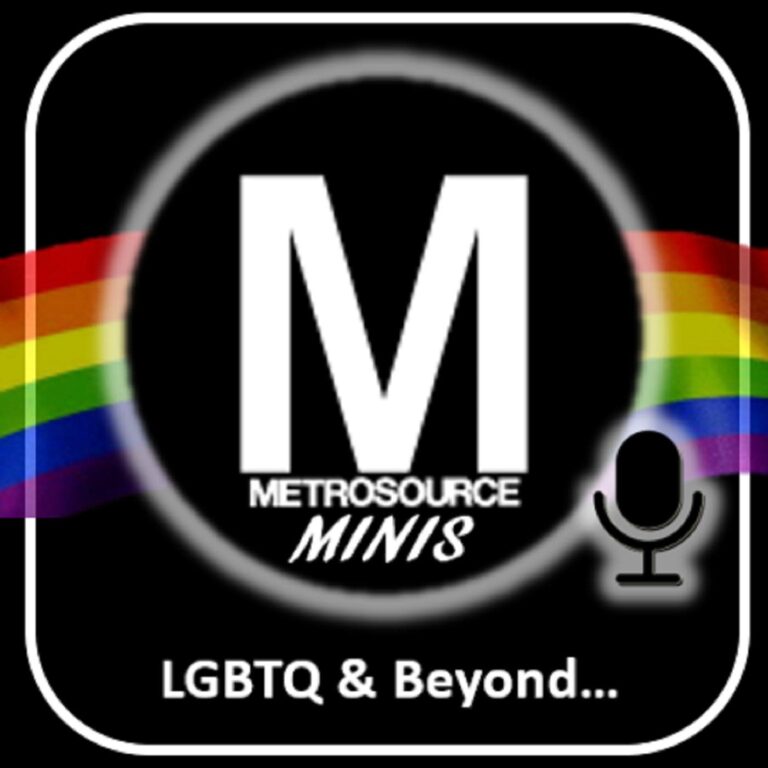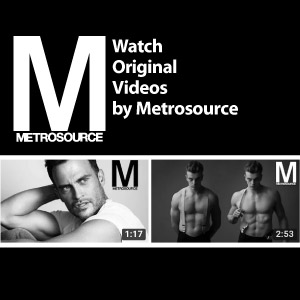How do you achieve your resolutions? Change what you resolve.
The tradition of making new Year’s resolutions can be traced back at least 4,000 years to the ancient Babylonians, who held celebrations for nearly two weeks to honor of the passing of each year — during which they made promises to the gods. These celebrations originally occurred in March, until Julius Caesar changed the calendar so the start of each year became January.
Now, as we consider the upcoming transition from 2018 to 2019, we spent some quality time with life coach Roger DeWitt, MCAC, PCC, PACG who has been supporting business owners, creative professionals, the “professionally creative” and even other coaches for more than 17 years. DeWitt says he works to help individuals use their minds and spirits “to create and attract amazing lives.” He offered his advice on how to live our best lives this coming year.
Do you have suggestions for how to make a good New Year’s resolution?
- Set meaningful, interesting goals
- Imagine yourself having achieved this goal. What will you see, hear, smell? How will your life be different? What is possible for you from that new place? If that picture does not excite you, get rid of it.
- Create structures in your life that move you towards your goal. For example, enlist friends and family for support, accountability and camaraderie.
- Make it a fun game in whatever way you can, rather than a drudgery.
- Orient your life around this goal and make it harder not to do it than to do it. For example, sleep in your workout clothes and pack your bag right next to your bed so that you have to step over it to move in your room. Prepay for that gym membership and hire a trainer or have someone knocking at your door to go with you to the gym.
Can you tell us how you approach thinking about goals in general?
There are two types of goals: heart goals and “should” goals. Should goals are those kinds of goals where you do them because there is a kind of obligation or “it’s good for you” or you think it’s the right thing to do. These are the kinds of goals that have a flatness to them. There’s no sparkle. They tend to be goals which involve all willpower and grit and no purpose or meaning. Losing 20 pounds. “Getting healthy.” Organizing the closet. These are examples of goals that we choose to do because they are “good for us.” Heart goals are the kinds of goals that energize us. We are drawn towards them, and they bring well-being and meaning just in the thinking of them. These goals have a natural, creative energy that tends to pull us forward. These are the goals that tend to have staying power. The interest and excitement and meaning of the goal help you creatively overcome obstacles. They are fun. They contribute.
The second kind of goals are the goals I encourage my clients to set. People want more meaning in their life. Heart-centered goals provide that. Now, I understand that we have to also sometimes include some of these other kinds of goals. Losing 20 pounds is not the most exciting thing in the world. When we do choose to go after a “goal that is good for us but has no sparkle,” we need to create a meaningful context around it that will help move us forward. To give you an example, I was never as thin in my life as I was at my wedding. I was in exceptional shape at my 20 year high school reunion. The mundane goal of losing 20 pounds took on added meaning and a sexy quality because it was associated with something that was more interesting. Lose weight = boring. Run a marathon = sexy and fun… Oh and by the way, as a byproduct, I will probably lose 20 pounds. Set meaningful goals.
More Hot StoriesWhy is setting goals important?
My mother used to say, “Mark well the waymarks by which you have come.” In essence, this means keep track of where you have come from. Goals become those waymarks. If you don’t have a target, you tend to just ramble. When there is a target that is clear, engages the emotions,al and is palpable with all the senses, a part of the brain called the reticular activating system is engaged. This wakes up the brain and says, “This is super important.” The brain then starts to interpret your environment based on that goal or outcome and looks for opportunities to move you in that direction. The clearer and more palpable a goal is in your mind… I mean with all the senses… the more it organizes the brain to move you in that direction.
Any recommendations for ways to effectively stick to your goals?
First off, I would say that if you have to “stick to your goal,” it’s probably not the right goal and needs to be reformulated. The best way to keep momentum going in any area of your life is to make sure that the goal is meaningful and creates a sense of purpose in your life. As you think about it, you can see yourself differently and vividly imagine with all the senses what it will be like to have achieved this. You can see how your life and the lives of those around you will be different. All of these things, when readily present and accessible in your mind,what wou help stimulate that motivation. Oh, and make sure it’s a load of fun. Make your goals a fun game that you want to play.
What kind of realistic goals can we set for 2019?
It depends on the individual. “Realistic” is a two-edged sword. Leonardo da Vinci had tons of “unrealistic goals” but look at all that he accomplished. I prefer to say, “What would you love to go for, regardless of whether you achieved it or not?” What would be so much fun to go for that the daily actions of doing it would be a reward in and of itself? Go for a goal but detach from the outcome of it having to be realized. Another way of saying that would be, “What would you love to go for if you didn’t have to feel bad about not getting it?”
Do you have a resolution for 2019?
No resolution, but I do have some fun goals that I’m going for.
That’s intriguing. So how did you get started as a life coach?
I was looking through a Learning Annex bulletin and saw an ad for a class called, “How to Become a Professional Personal Coach.” I read the description and I realized, “Oh my God, this is what I have been doing all my life … and I can get paid for it?” I took the class and learned only that there was a real industry of coaches and an organization called the International Coaches Federation. There were also schools with intense curricula that trained people to be coaches. I got trained and certified, opened my business, and have been doing this for over 17 years.
Can you share a little about your practice and where we can find you online?
My coaching is based in the science of Positive Psychology and looking for what is working as a key to mitigate what is not. I focus on harnessing the client’s strengths and greatness and bringing that to bear on every aspect of their life and relationships to cultivate well-being and meaning. I work with all kinds of people and families, but have a special love for working with people who work in the Performing Arts industry. … I have also been trained in a specialty around coaching people and families impacted by ADHD. Fifty percent of my business involves helping ADHD-impacted adults and families understand and harness their unique brain-wiring and go farther than they ever thought they could. You can find me at adhdcoachnyc.com and coachingnyc.com.
What do you love about your working with your clients?
When a client suddenly starts to see past “the problem” and embrace a bigger picture. When they do that, everything starts to change.
Last modified: December 27, 2018











